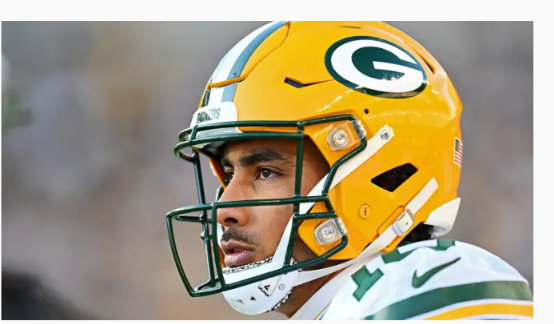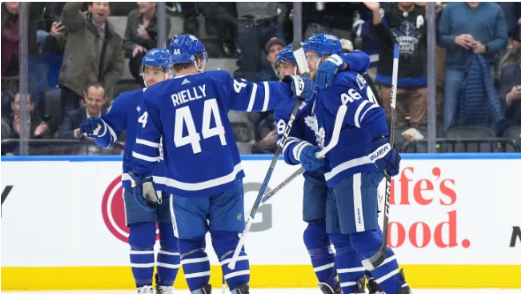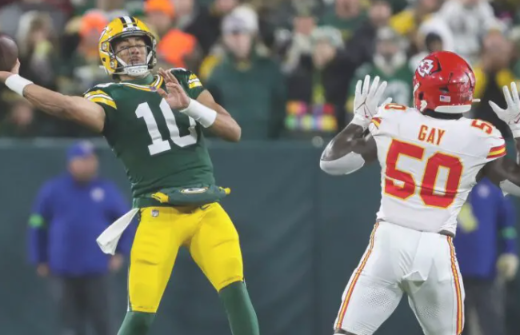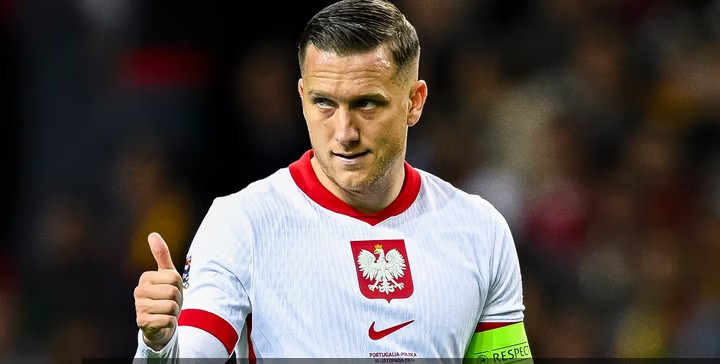NFL Needs Targeted Refreeing Reforms
The closing moments of the Green Bay Packers’ triumph over the Kansas City Chiefs were marred by controversy and intense drama. In a pivotal play, Packers safety Jonathan Owens received an unnecessary roughness penalty for a hit on Chiefs quarterback Patrick Mahomes, even though Mahomes’ feet were inbounds. Despite Packers coach Matt LaFleur’s fervent objections…
The closing moments of the Green Bay Packers’ triumph over the Kansas City Chiefs were marred by controversy and intense drama. In a pivotal play, Packers safety Jonathan Owens received an unnecessary roughness penalty for a hit on Chiefs quarterback Patrick Mahomes, even though Mahomes’ feet were inbounds. Despite Packers coach Matt LaFleur’s fervent objections and a plea to review the play on the Lambeau Field replay board, the call remained unaltered.
As the game unfolded, another contentious situation arose when Chiefs quarterback Patrick Mahomes launched a deep pass to receiver Marquez Valdes-Scantling. Despite what seemed like an obvious pass-interference by rookie cornerback Carington Valentine, no flag was thrown. Chiefs coach Andy Reid expressed his frustration, but once again, the call stood, leaving both teams grappling with the impact of potentially incorrect decisions.
The question looms: Does the NFL need a mechanism to rectify glaringly erroneous calls? Coach LaFleur, with a wry smile, acknowledged the need for addressing clear and obvious errors but emphasized it’s beyond his purview. Fox Sports officiating expert Dean Blandino, a key figure in creating the NFL’s replay system, sees room for improvement. While acknowledging human fallibility, Blandino advocates for leveraging technology to rectify blatant errors, particularly in critical moments of the game.
Blandino suggests that a more expansive review process, albeit not as extensive as the college system, could be implemented in the final minutes of the fourth quarter. This targeted approach aims to correct significant mistakes that could profoundly impact the outcome of the game without burdening every play with continuous reviews.
The stakes are high, with enormous consequences for teams and their playoff aspirations. Blandino contends that the league should explore expanding the review process to eliminate egregious errors that could sway the course of a game, affecting not only the teams involved but also playoff implications and job security.
While praising correct officiating in specific situations, such as the timing following a fumble and an ejection, Blandino acknowledges the complexity of officiating in the fast-paced environment of football. Coach LaFleur echoes the sentiment, emphasizing the importance of consistency in officiating decisions throughout the game and across different crews.
In the end, the debate revolves around finding a balance between leveraging technology to correct blatant errors and preserving the flow and integrity of the game. As the NFL grapples with these challenges, the call for a more refined and targeted review process grows louder, driven by the desire to ensure fairness and accuracy in crucial moments of the game.




 #NylanderStay”
#NylanderStay”


